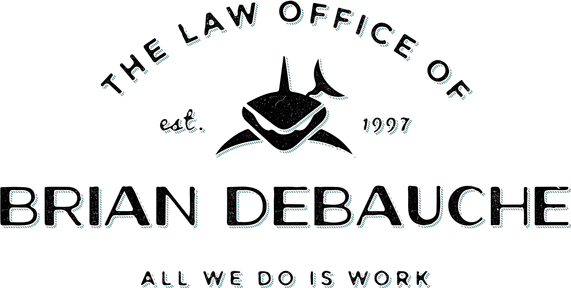Early Release from Community Corrections in Colorado; Early Termination
Early Release from Community Corrections In 2011, the legislature passed a modification to the sentencing structure of those in community corrections, in C.R.S. 18-1.3-301. This statute was a dramatic shift away from long sentences, and allowed a sentencing court, upon motion filed by the probation officer, to request early termination of a Community Corrections sentence.
Once a client completes the residential phase of the program, they become eligible for early termination. Most for-profit private programs that offer community corrections placement are directly motivated to keep clients as long as possible. There is a direct conflict created by placement in a for-profit prison; with a client's desire to seek early release, and the expressed intent of probation and this statute to allow it.
There does not appear to be any ability for the offender to request release directly. There may be, however, a direct route to a 'probation officer' within the judicial department, that may allow for a request for early release.
The text of the new C.R.S. 18-1.3-301 is below:
18-1.3-301. Authority to place offenders in community corrections programs. (1) (h) (I) The sentencing court shall have the authority to modify the sentence of an offender who has been directly sentenced to a community corrections program in the same manner as if the offender had been placed on probation.
(II) A defendant who successfully completes the residential phase of a community corrections sentence, has paid the costs of the residential program in full, and is being supervised on nonresidential status at either a minimum or administrative level is eligible for consideration for early termination of his or her community corrections sentence by the court.
(III) When the defendant has met the eligibility criteria enumerated in subparagraph (II) of this paragraph (h), the defendant's probation officer shall submit a petition for early termination of sentence to the court and notify the district attorney and the defendant.
(IV) If victim notification is required, the probation officer shall provide victim notification pursuant to part 3 of article 4.1 of title 24, C.R.S.
(V) In determining whether to grant or deny the petition, the court may consider the following factors:
(A) The defendant's assessed risk of reoffense;
(B) Victim input, if any;
(C) The defendant's compliance with the terms and conditions of the sentence or community corrections program;
(D) Completion of any treatment required by the court or community corrections program; and
(E) Other factors deemed relevant by the court.
(VI) The fact that the defendant owes restitution, costs, fees, fines, or surcharges shall not prohibit the court from granting the motion for early termination if the court finds the motion otherwise appropriate.
SECTION 4. Safety clause. The general assembly hereby finds, determines, and declares that this act is necessary for the immediate preservation of the public peace, health, and safety.
Approved: June 2, 2011
